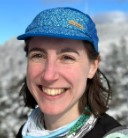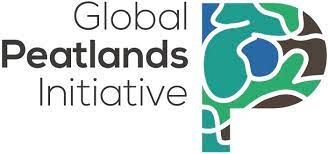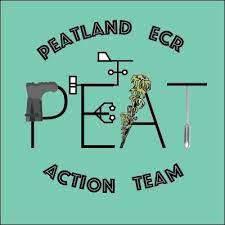.png)
Fieldwork Safety
This event has now finished.
Event details
Learn how intentional discussion and preparation for upcoming fieldwork campaigns, through the development of comprehensive safety plans, can help promote psychological safety as well as physical safety of team members in fieldwork.
As an example, Dr. Burke will share how the EMERGE (EMergent Ecosystem Response to ChanGE) Institute Field Safety & Logistics Handbook, developed by Dr. Burke and her colleagues at the EMERGE Institute, a Biology Integration Institute funded by the National Science Foundation, acts not only as a framework for discussing fieldwork safety policies and procedures, but also as a way to set standards for safety training, communication, and conduct for fieldwork in EMERGE.
The handbook contains sections on Field Site Information, Fieldwork Preparation, the Field Team (FT) Community Agreement, an Inclusive Risk Assessment (EMERGE-IRA), Emergency Response Procedures and more. The handbook is reviewed in detail by members of the FT at several Pre-Departure meetings in addition to discussing sampling protocols. FT members provide suggestions and modifications to the handbook, and specifically the FT Community Agreement during these meetings.
Training attendees will have opportunities to discuss in small groups the unique safety concerns associated with their fieldwork and brainstorm solutions and share resources to combat those concerns.
About the trainer
 Dr. Sophia Burke is a Postdoctoral Research Associate at the University of New Hampshire, Earth Systems Research Centre in the Satellite, Airborne, Drone Remote Sensing Lab. She is also UNH’s Research Fieldwork Safety Coordinator.
Dr. Sophia Burke is a Postdoctoral Research Associate at the University of New Hampshire, Earth Systems Research Centre in the Satellite, Airborne, Drone Remote Sensing Lab. She is also UNH’s Research Fieldwork Safety Coordinator.
Her current research interests focus on the use of drone imagery to monitor the effects of climate change in subarctic peatlands. Her current work looks at identifying changes in vegetation presence due to permafrost thaw in a peatland in northern Sweden and the impact this has on greenhouse gas emissions.
She has extensive fieldwork experience in subarctic, boreal, and subtropical peatlands and is passionate about how intentional fieldwork safety preparation can promote diversity, equity, and inclusion in the geosciences.
In case you missed the event you can catch up here:
About the Global Peatlands Initiative
The Global Peatlands Initiative is an effort by leading experts and institutions formed by 13 founding members at the UNFCCC COP in Marrakech, Morocco in 2016 to save peatlands as the world’s largest terrestrial organic carbon stock and to prevent it being emitted into the atmosphere. The current greenhouse gas emissions from drained or burned peatlands are estimated to amount up to five percent of the global carbon budget — in the range of two billion tonnes CO2 per year.
Partners to the Initiative are working together within their respective areas of expertise to improve the conservation, restoration and sustainable management of peatlands. In this way the Initiative is contributing to several Sustainable Development Goals , including by reducing greenhouse gas emissions, maintaining ecosystem services and securing lives and livelihoods through improved adaptive capacity. Find out more at: www.globalpeatlands.org
Partners



